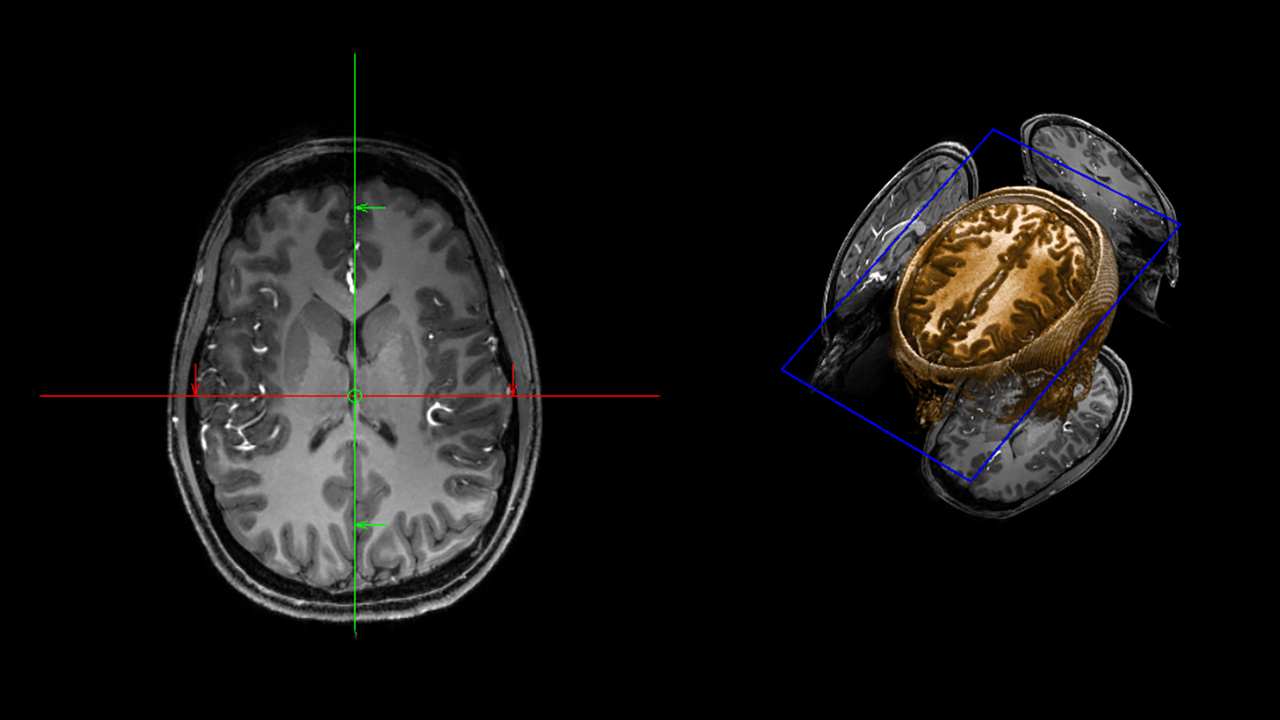Auburn researchers examine links between art and neural changes in brain
Published: May 24, 2018 10:00 AM
By Victoria Santos
Auburn Engineering faculty members are part of an interdisciplinary team at Auburn University examining the effects of training in observational drawing on behavioral and neural changes in the brain, known as brain plasticity.
The research team, consisting of faculty in art, psychology and electrical and computer engineering, will collect and analyze data at Auburn University's MRI Research Center at the start and end of a 15-week drawing class at Auburn. Two MRI scanning sessions will be conducted for each of the 20 participants at two separate points in the semester, one in the first week and one in the last week of classes. A control group of 20 participants will also be included. Data from the first week will be compared to the last week within and across two groups of participants.
The research team includes College of Liberal Arts researchers Barb Bondy, professor of art; Jeff Katz, professor of psychology; and Lilly Strassberg, graduate research assistant in cognitive and behavioral sciences. Gopi Deshpande, associate professor of electrical and computer engineering, represents the Samuel Ginn College of Engineering in the study.
“Interdisciplinary collaboration proves to be beneficial; new questions arise that may have otherwise not have been asked,” Bondy said. “We acknowledge the importance of internal support and National Endowment of Arts funding for this study, as well as the important role of the MRI Research Center and its director Tom Denney. All have made this research possible.”
The class builds drawing skills while students explore a variety of drawing materials through observation and practical experience. If, in the process of learning these skills, brain plasticity can be identified and determined to have positive value in learning generally, it would strengthen conclusions that an observational drawing class does indeed offer valuable skills for all students including art and non-art majors.
“This is an innovative project at the intersection of art, psychology, and MRI technology. We are excited to be part of the team,” said Denney, director of the MRI Research Center and professor of electrical and computer engineering.
While current research has provided evidence for changes in the brain after sustained art training, there is much work to be done to determine which aspects of art training most affect brain plasticity.
This study aims to expand on previous studies and will broaden public knowledge of the relationship between skills acquired when learning to draw and the impact on an individual’s brain and cognitive processes. Additionally, if brain plasticity developed through an observational drawing class occurs then future research can explore the potential for wider application, including a novel approach in which drawing skills are taught as an intervention for individuals with cognitive impairment for the purpose of stimulating neural plasticity.
“I am thrilled to be part of this project as the questions we are answering, by bringing together our findings from different areas, integrate neuroscience, learning, cognition, and how they can bear upon art education,” Katz said.
The project is supported by a $90,000 grant from the National Endowment for the Arts. Funding will support 80 MRI scans and data analysis. The project period will commence in August 2018 and run through July 2019.
- Chris Anthony contributed to this report.
Media Contact: , chris.anthony@auburn.edu, 334.844.3447
Brain scan image provided by the MRI Research Center



